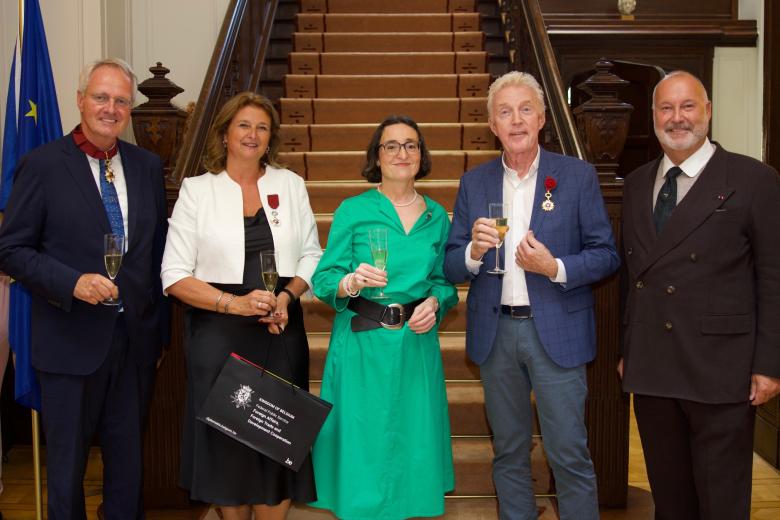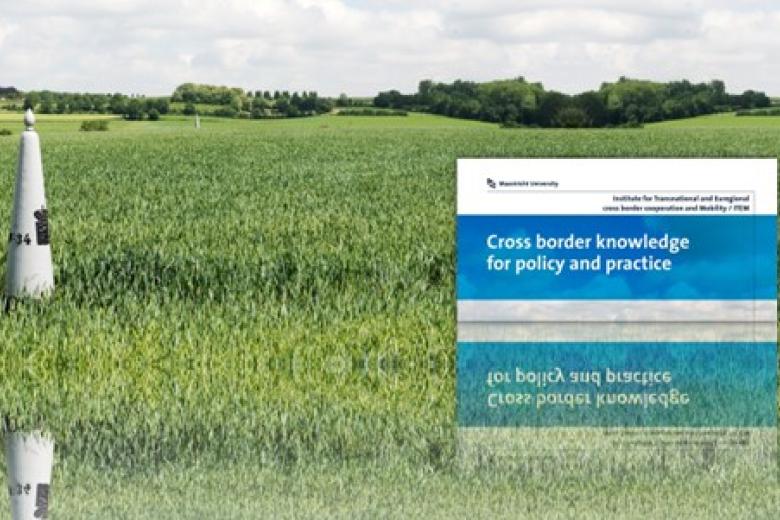Legitimate by nature?
Examining the Legitimisation Activities Implemented by the International Criminal Tribunal for Rwanda.
International crimes cause widespread mortality and victimisation, leading to societal disruption that may take generations to heal. Over the years, the international community has established international courts to eliminate the culture of impunity and to enforce a culture of accountability.
A critical success factor for these courts is ensuring that they are perceived as legitimate instruments of law. The legitimacy of the International Criminal Tribunal for Rwanda (ICTR) has been questioned due to its location, prosecuting only members of the Hutu ethnic group, the employment of former genocidaires, and the acquittals and early releases of those considered “most responsible” for the 1994 genocide. This research aims to examine the measures taken by the ICTR to promote its legitimacy. Legitimacy examines the factors that incentivise a community or society to consent to the legitimacy of an individual, group or institution. This case study focuses on how the ICTR gained, maintained and/or repaired its legitimacy.
Click here for the full dissertation.
Click here for the live stream.
Also read
-
Professor Anouk Bollen-Vandenboorn appointed Knight in the Order of the Crown
Prof. Dr Anouk Bollen-Vandenboorn, Director of the Institute for Transnational and Euregional cross border cooperation and Mobility (ITEM) at the Faculty of Law, Maastricht University, was appointed Knight in the Order of the Crown on 3 July, during a formal ceremony at the Belgian Embassy in The...

-
ITEM continues: Advancing cross-border cooperation and impact
ITEM enters new phase within UM Faculty of Law from 2025.

-
IGIR seminar series
The IGIR seminar series will be launched after the Summer break. Our aim is to offer a nice and friendly environment for staff members and visiting researchers to present their ongoing research.
